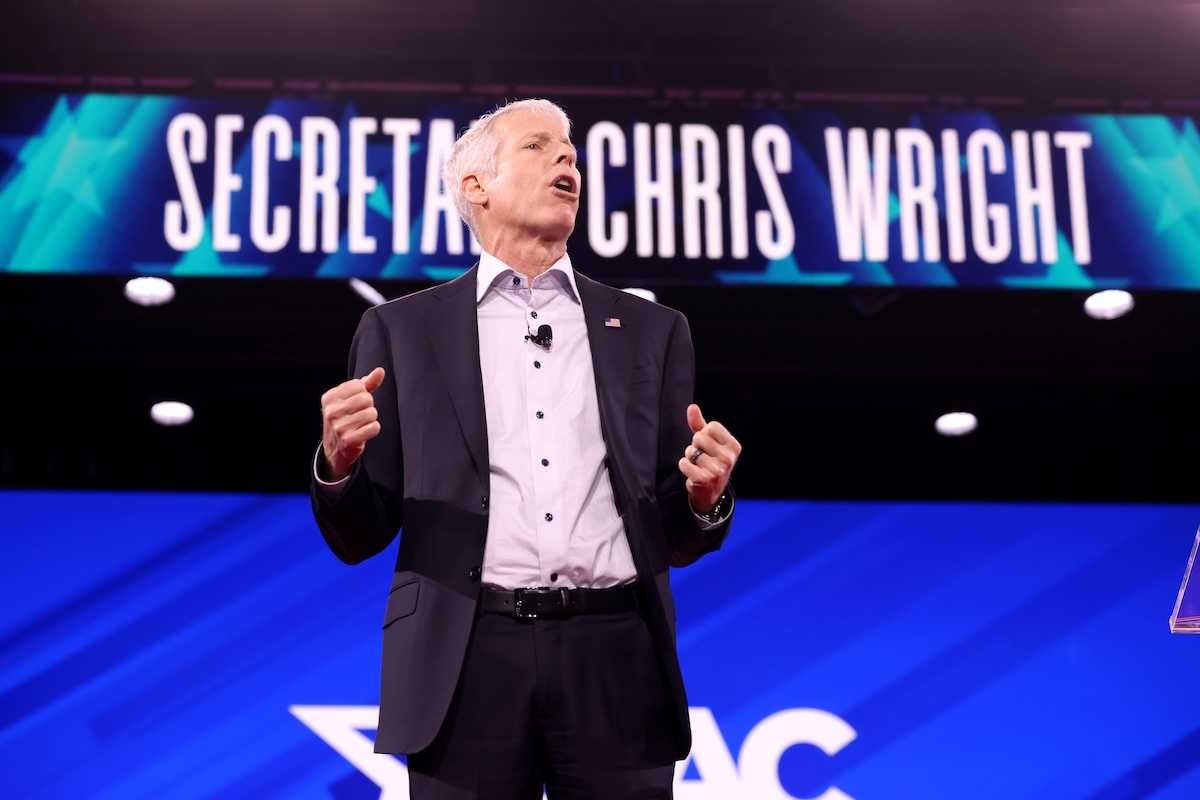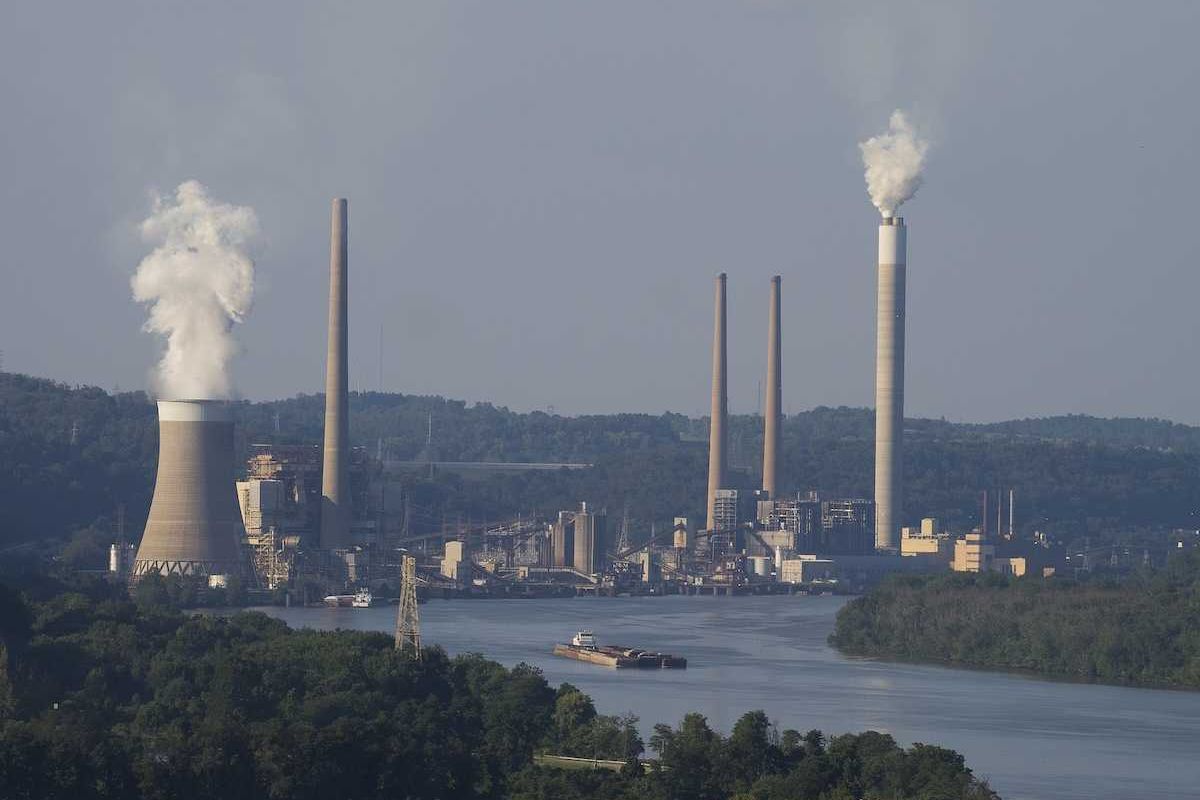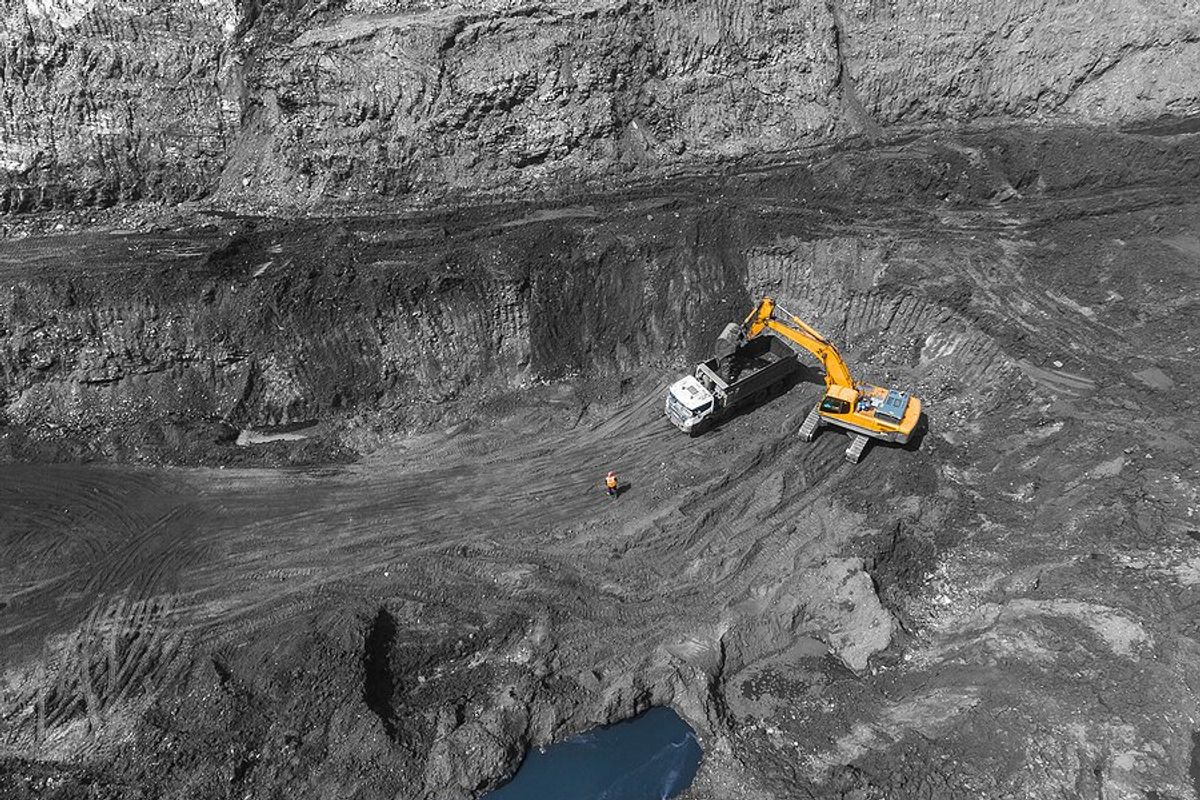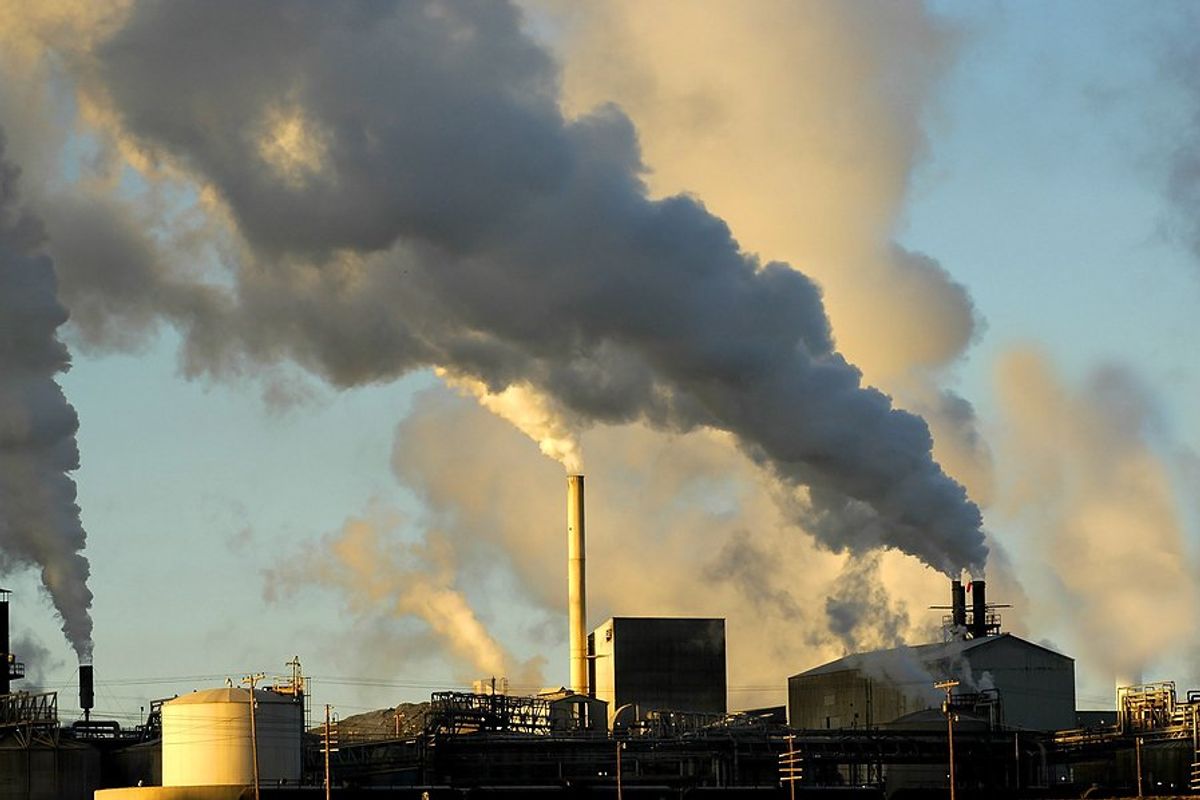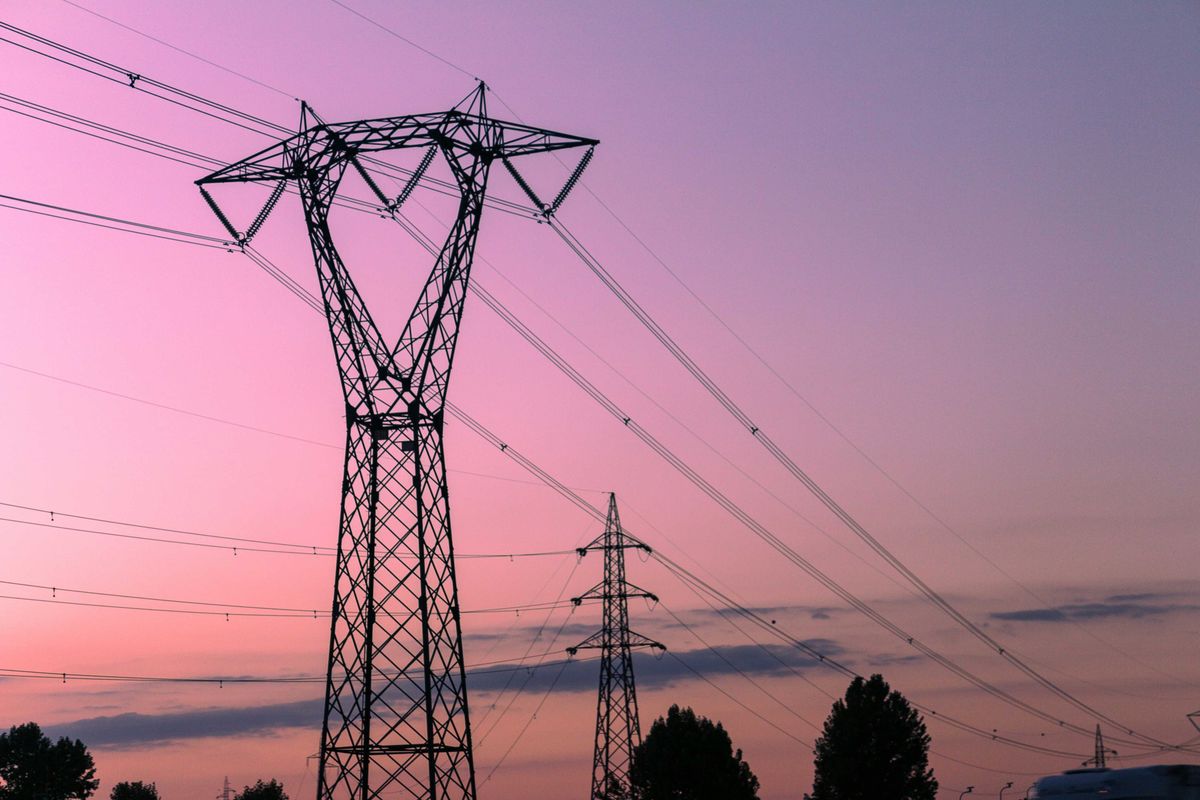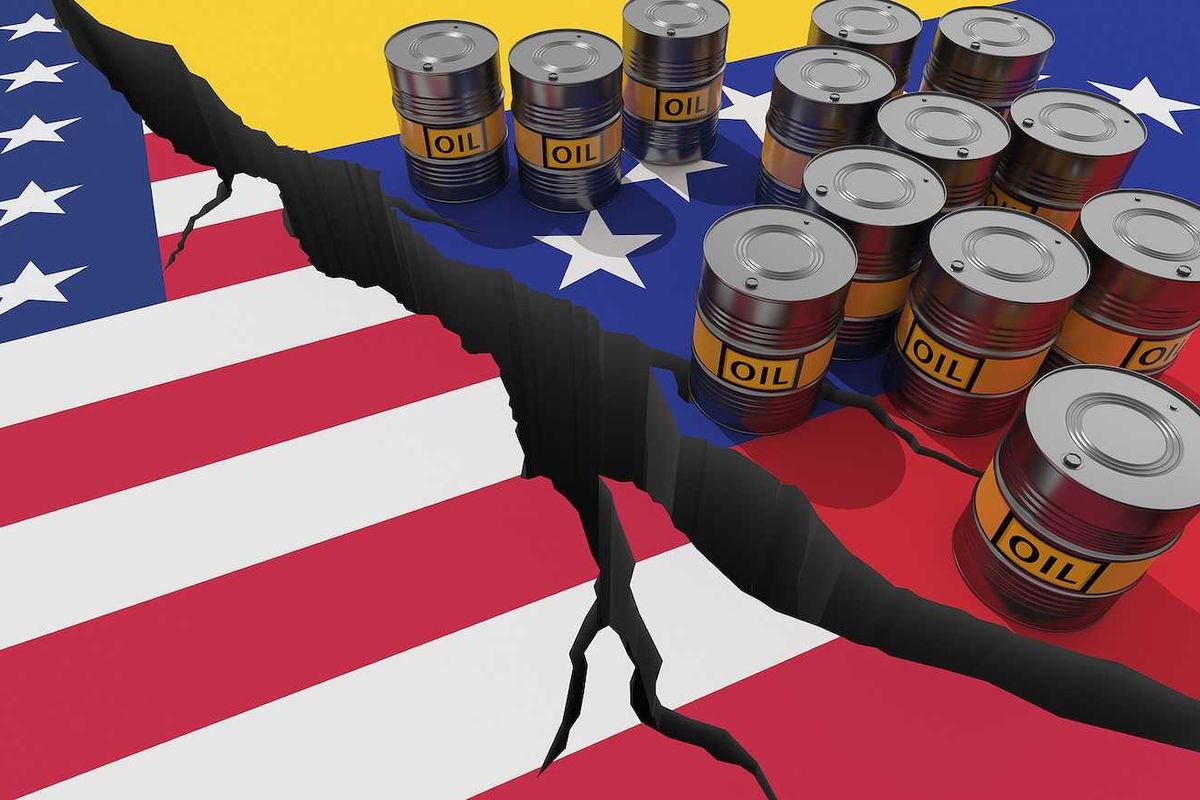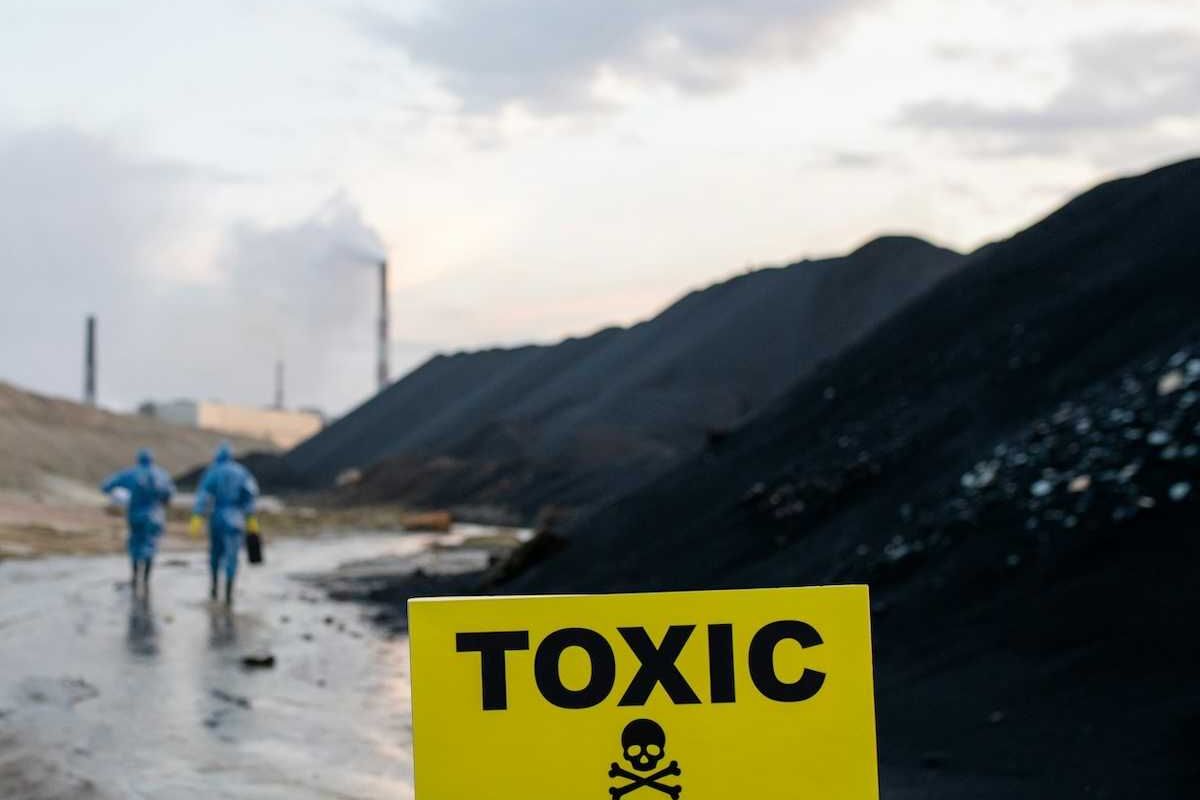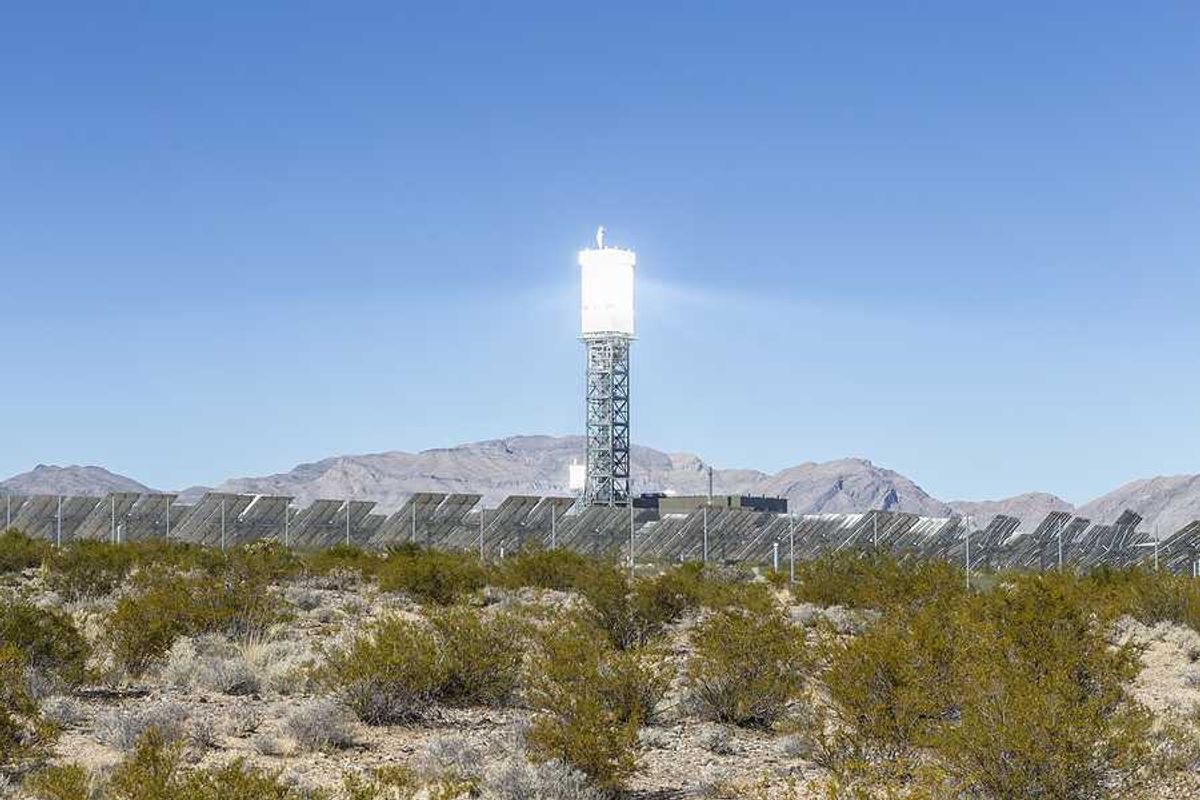The federal program shut down before Biden left office, but a handful of state efforts are carrying on with a lower profile.
Politics
The Energy Department canceled $7.5 billion in Biden-era energy spending, largely in Democratic-led states, during last year’s government shutdown.
Suspending the lease for the Orsted project off Connecticut and Rhode Island was "unreasonable," the federal judge ruled Monday.
‘Historic’ moment in biggest coal-consuming countries could bring decline in global emissions, analysis says.
The House passed a bill last week that would “repurpose” $500 million meant for cleaning up environmental and safety hazards caused by decades of coal mining.
The rise comes even before the Trump administration’s pro-fossil fuel policies fully take hold, the authors of a Rhodium Group analysis found.
Nevada’s $4.2B Greenlink grid project, meant to cut carbon, is boosting power bills as costs soar and AI data-center demand spikes.
Wyoming residents have urged leaders to slow wind energy projects, citing cumulative impacts on communities, land and water.
Local governments are suing oil companies over environmental damage. The companies want the suits moved out of state courts, to friendlier venues.
The president’s thinking is stuck in the 1980s.
Chevron met with Trump and spent millions lobbying him to continue operating in Venezuela. Now it is uniquely positioned to profit from that.
Satellite images show huge volumes of methane leaking from Venezuela’s aging oil and gas infrastructure, revealing both a major climate liability and billions of dollars in wasted fuel.
Exclusive: Chris Bowen says key to next UN climate summit will be ‘engagement, engagement, engagement’ with countries such as Saudi Arabia.
Sinking felled boreal trees in the Arctic Ocean could remove up to 1 billion tons of CO₂ yearly, but risks harming Arctic ecosystems.
Livestock grazing is allowed across 240 million acres of federal land. Our investigation revealed the subsidies propping up ranching, its impact on the environment and the politics underpinning the system.
Scientists say there has been an extraordinary research effort to understand the long-term health and environmental effects of the Los Angeles fires.
EPA plans to ease regulatory pressure on coal ash dumps in a bid to keep coal-fired power viable for fueling the data center boom.
California regulators have blocked the planned shutdown of the Ivanpah solar thermal plant, overruling both the Biden and Trump administrations amid fears of looming electricity shortages.
Journalism that drives the discussion
Copyright © 2017 Environmental Health Sciences. All rights reserved.
Copyright © 2017 Environmental Health Sciences. All rights reserved.


